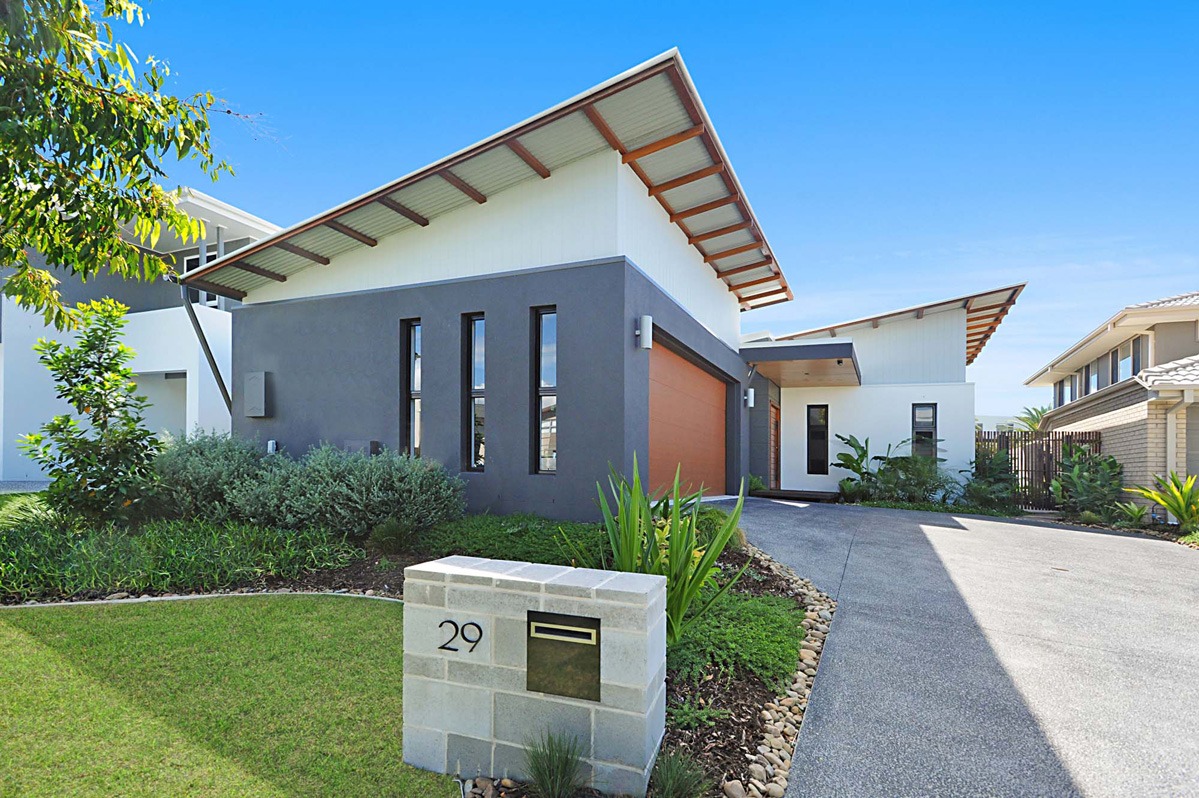 Building your dream home can be an overwhelming experience, so it’s important to be as informed as possible before you begin. Taking the time to conduct research and arm yourself with the right knowledge of your builder before you begin will give you the best chance of a seamless construction experience.
Building your dream home can be an overwhelming experience, so it’s important to be as informed as possible before you begin. Taking the time to conduct research and arm yourself with the right knowledge of your builder before you begin will give you the best chance of a seamless construction experience.
1. Your Builder’s Reputation
It is important to research your builder and find the right building company to work with you and your project. You need to consider whether or not the builder has a good reputation and are well-respected for their quality of work.
One thing to look for is whether they are capable of the type of building you are about to embark on. For example – do they have experience in sloping sites or difficult access? Does your project have heritage features that require specialist expertise? Not all builders are the same, so ensuring that they have the necessary skills to bring your dream home to life is essential.
The best referrals are those from previous clients. Don’t be afraid to ask for testimonials and examples of projects they have completed in the past.
2. Planning and Design
We often have clients come to us with completed and approved plans and a budget that does not match. Unfortunately, some architects and designers can get carried away and forget to accommodate monetary restrictions. Therefore, it’s a great idea to have a specialist builder involved from the concept design stage. A builder can give practical solutions and realistic estimates so you know your limits, before you spend thousands on working drawings and council consents. Sometimes a very minor change in design or materials can save thousands in construction costs. Unlike a new build, renovations involve existing structural issues and constraints that need to be considered when planning your project.
Spending time and effort in finalising your design, including all selections, prior to construction will not only ensure you achieve the “look” and “feel” you are after, but the process will run much more efficiently and you will be less likely to incur variations for changes throughout the process.
3. Knock Down and Rebuild or Renovate?
A knock down-rebuild offers you an exciting and sometimes more cost-effective way to get the house of your dreams in the location you love. Benefits include designing a layout that suits your needs; creating an interior that you desire, rather than trying to match existing features; brand new plumbing and electrical, and the potential to achieve better lighting, views, energy efficiency and structure.
However, there are certain circumstances where a renovation and/or extension may be more appropriate for you. If your home is structurally sound, you like the layout, but require more space then why not consider working with what you’ve got? However, it is worth noting that there is a greater risk of unforeseen problems during a renovation that are simply unknown until the build commences, which can affect budgets.
4. Quality Over Price
It is in your best interest to let the builder know what budget you are hoping to achieve on your project. When builders are pricing your project, they should give you a detailed quote listing all inclusions and exclusions, as well as the fixtures and fittings. It is important that when you compare quotes between builders that you are aware of what is included to make a proper comparison.
It’s also important to find out what happens if you change your mind on any items during the build. A builder is entitled to charge a margin on any variations, but it’s worth understanding what the total cost will be and including this discussion in your contract.
Once you have all of these statistics, you can open your project up to tender, asking a maximum of four builders to provide a detailed quote. If you ask any more, you run the risk of not receiving a comprehensive quote.
5. Think Of Now vs The Future
Sometimes your budget doesn’t afford you the luxury of including everything you want initially. Your builder should encourage you to think of everything you may want or plan to have in the future. That way, when you are ready, the next part of your dream home looks like it was always meant to be part of your home and not a poor add-on or afterthought.
Examples of things you might like to plan for include:
- Home Automation: TV points, data points, speaker wires and electricity
- Swimming Pools: sewer, stormwater, water, electricity and gas
- Sheds: sewer, stormwater, water and electricity
- Water features and irrigation systems: water, electricity and conduits
For more information about what to know before you launch into your next construction project, get in touch with the team at Redchip Constructions.

